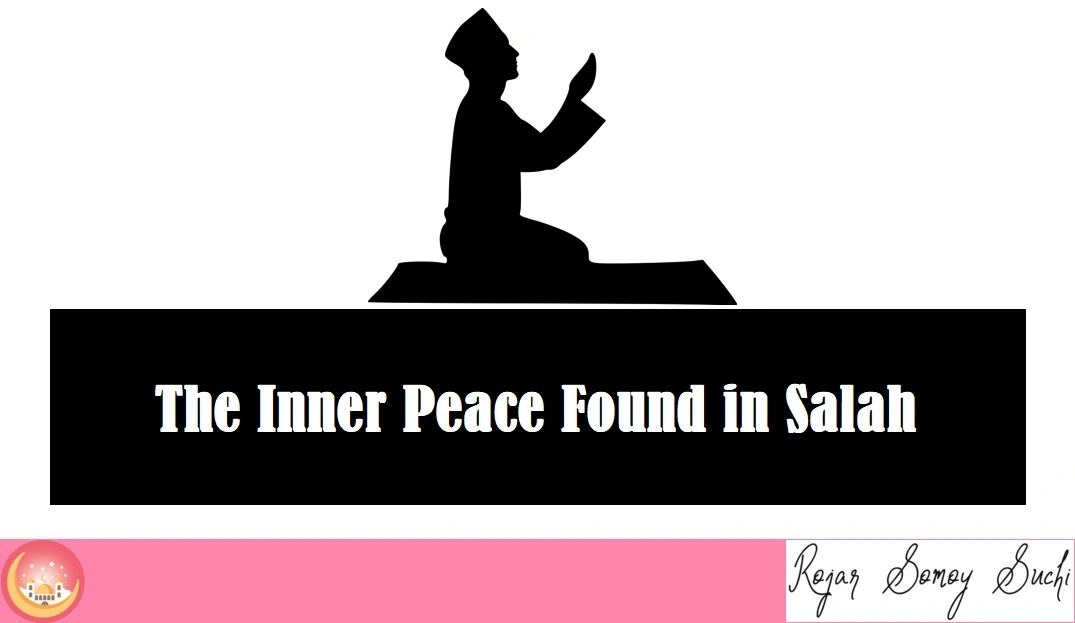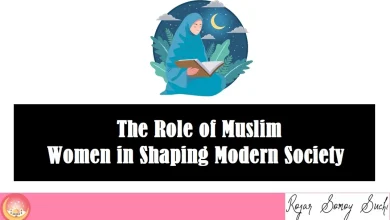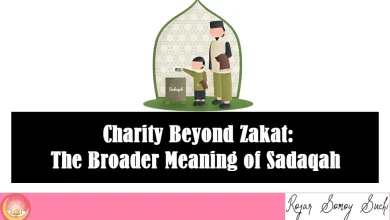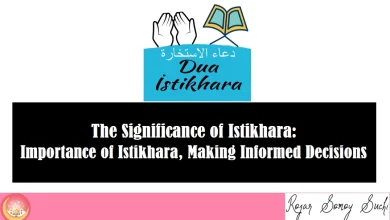
The Inner Peace Found in Salah: Beyond Rituals: In the hustle and bustle of modern life, moments of true inner peace can seem elusive. We often find ourselves caught in a relentless cycle of deadlines, responsibilities, and distractions, leaving little room for introspection and spiritual fulfillment. Yet, within the practice of Salah, the Islamic ritual of prayer, lies a profound opportunity to reconnect with oneself and find serenity amidst the chaos.
Salah is more than a set of prescribed movements and recitations; it is a sacred journey inward, a contemplative practice that transcends the physical realm to nourish the soul. As an expert in spiritual practices, I have witnessed firsthand the transformative power of Salah in guiding individuals towards a state of inner tranquility and spiritual alignment.
At its core, Salah is a disciplined meditation that fosters mindfulness and presence. The sequence of movements — standing, bowing, prostrating — is not merely a sequence of physical actions but a symbolic expression of humility and surrender. Each movement is imbued with meaning, a reminder of one’s relationship with the Divine and a pathway to self-awareness.
One of the most profound aspects of Salah is its ability to ground individuals in the present moment. In a world plagued by distractions, Salah demands undivided attention. Through the repetition of prayers and the recitation of verses from the Quran, practitioners are encouraged to let go of worldly concerns and focus solely on their spiritual connection. This focused attention cultivates a sense of mindfulness that extends beyond the prayer mat into everyday life, enabling individuals to navigate challenges with clarity and composure.
Moreover, Salah serves as a spiritual recharge amidst the daily grind. Five times a day, Muslims pause to engage in this ritual, creating a rhythm that punctuates their day with moments of reflection and renewal. This regularity not only strengthens one’s faith but also provides a sanctuary of peace amid life’s uncertainties. It offers a sacred pause to recalibrate intentions, seek forgiveness, and express gratitude, fostering emotional resilience and inner strength.
Beyond its individual benefits, Salah also fosters a sense of community and unity among believers. The congregational prayers, especially on Fridays, bring together individuals from diverse backgrounds in a shared expression of faith. This communal aspect reinforces bonds of brotherhood and sisterhood, promoting empathy, solidarity, and mutual support within the ummah.
In essence, Salah is a holistic practice that nourishes the mind, body, and soul. Its rhythmic cadence and spiritual depth offer a pathway to inner peace that transcends the boundaries of time and place. By engaging in Salah with sincerity and devotion, individuals not only fulfill a religious obligation but also embark on a journey of self-discovery and spiritual fulfillment.
To conclude, the inner peace found in Salah goes beyond the performance of rituals; it is a profound spiritual experience that enriches every facet of life. As we navigate the complexities of the modern world, Salah serves as a timeless reminder of the importance of introspection, mindfulness, and spiritual connection. Embracing Salah as more than a ritualistic practice allows us to cultivate a deeper sense of inner peace and harmony, paving the way for a life filled with purpose, serenity, and divine grace.





